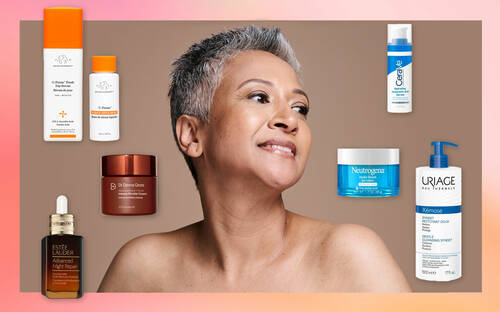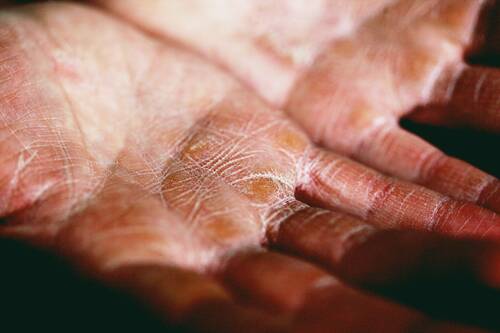If You’re Over 50, You Should Avoid These Foods
As we age, our nutritional needs and dietary considerations can change. To promote overall health and well-being, individuals over 50 should be mindful of their food choices. Here are some foods to limit or avoid:

1. Sugary Foods and Beverages
Excessive sugar consumption can lead to weight gain, type 2 diabetes, and heart disease. Cut back on sugary snacks, sugary cereals, soda, and excessive sweets. Opt for healthier alternatives like fresh fruits or unsweetened beverages.
2. Processed and Red Meats
Processed meats like bacon, hot dogs, and sausages often contain high levels of sodium and unhealthy fats. Red meats, especially when prepared using high-temperature cooking methods like grilling or frying, can produce harmful compounds. Limit consumption and opt for lean cuts of meat or plant-based protein sources.
3. High-Sodium Foods
Excessive sodium intake can contribute to high blood pressure and increase the risk of heart disease. Avoid highly processed foods, canned soups, and fast food, which tend to be high in sodium. Instead, season your meals with herbs and spices and choose lower-sodium alternatives.
4. Trans Fats
Trans fats, often found in partially hydrogenated oils, can raise LDL (bad) cholesterol levels and increase the risk of heart disease. Check food labels for trans fats and avoid products that contain them. Opt for foods prepared with healthier fats like olive oil or canola oil.
5. Sugary Breakfast Cereals
Many breakfast cereals marketed to children and adults alike are loaded with sugar. Choose whole-grain, low-sugar cereals or oatmeal as a healthier breakfast option.
6. Excessive Alcohol
While moderate alcohol consumption may have some health benefits, excessive drinking can increase the risk of various health issues, including liver problems and certain cancers. Limit alcohol intake to a moderate level, if consumed at all.
7. High-Caffeine Beverages
Excessive caffeine consumption can lead to sleep disturbances, anxiety, and increased blood pressure. Be mindful of your caffeine intake, especially later in the day, to ensure restful sleep.
8. Empty-Calorie Snacks
Snacking on foods with empty calories, such as chips, candy, and sugary baked goods, can contribute to weight gain and provide little nutritional value. Choose nutrient-dense snacks like nuts, seeds, yogurt, or fresh vegetables.
Summary: Balanced Eating
While it's important to be mindful of these foods, a balanced and varied diet remains crucial for individuals over 50. Focus on whole grains, lean protein sources, plenty of fruits and vegetables, and healthy fats. Staying hydrated and engaging in regular physical activity are also essential components of a healthy lifestyle in your later years. Consulting with a healthcare provider or registered dietitian can provide personalized guidance to support your unique nutritional needs as you age.







